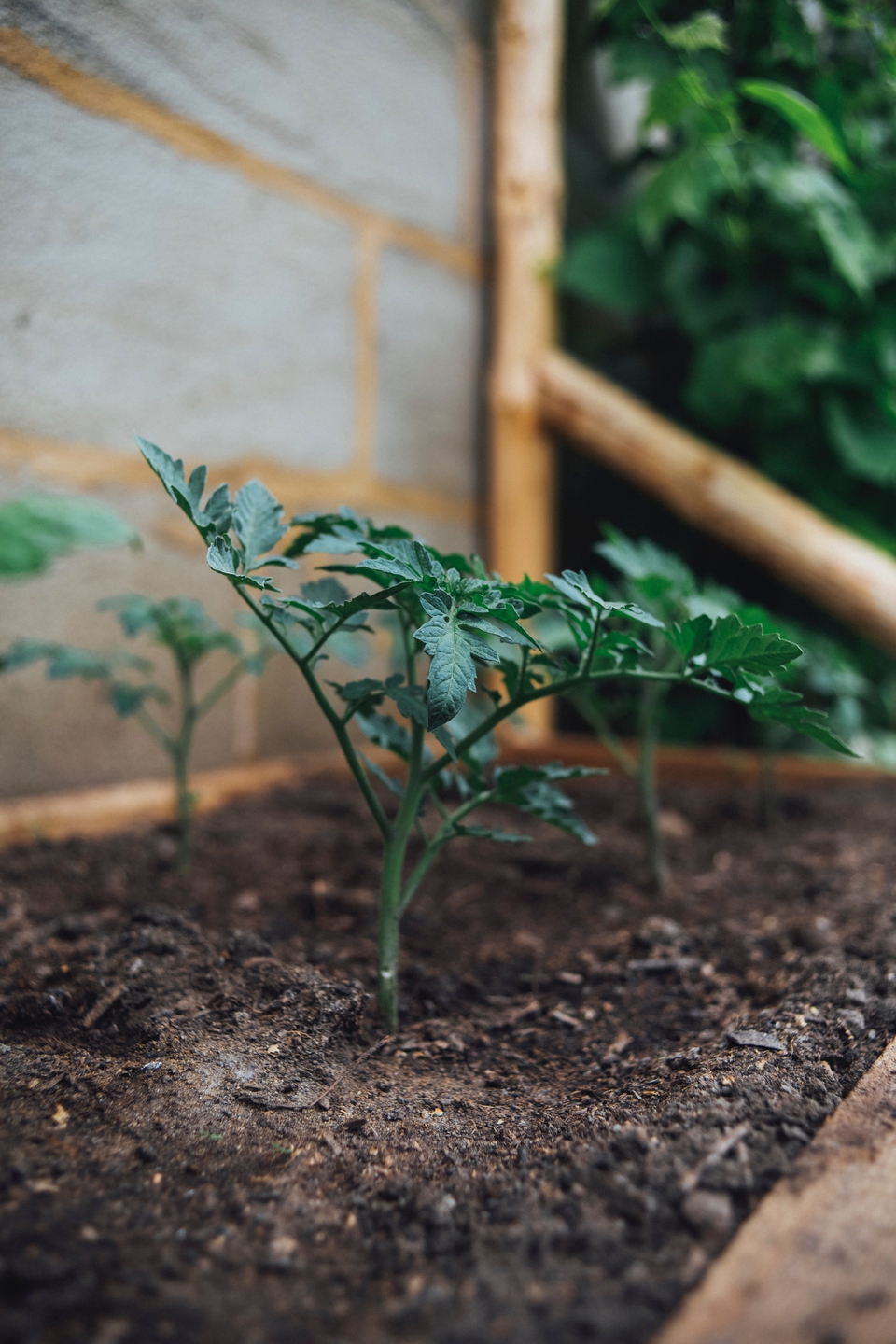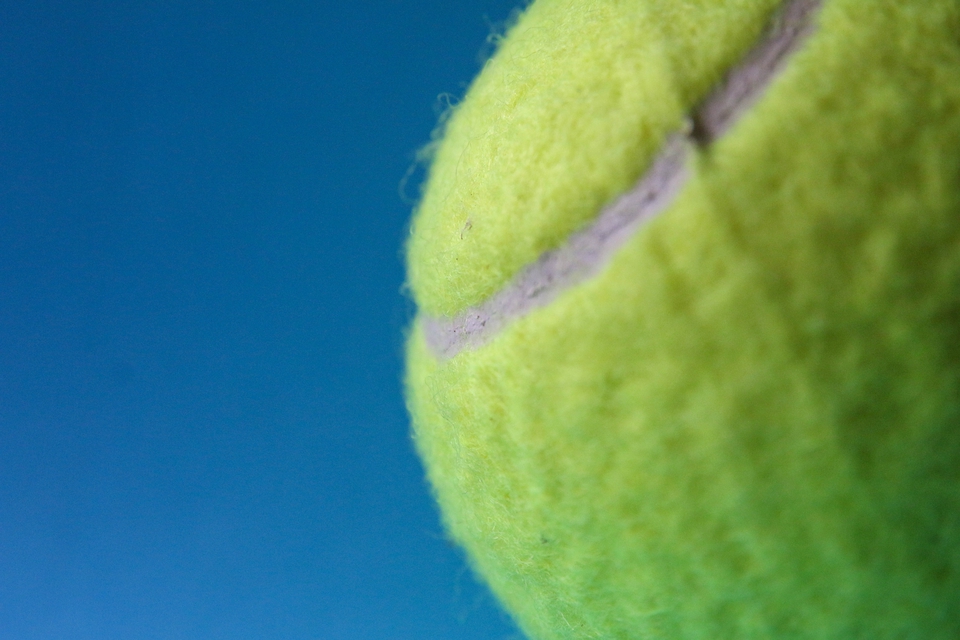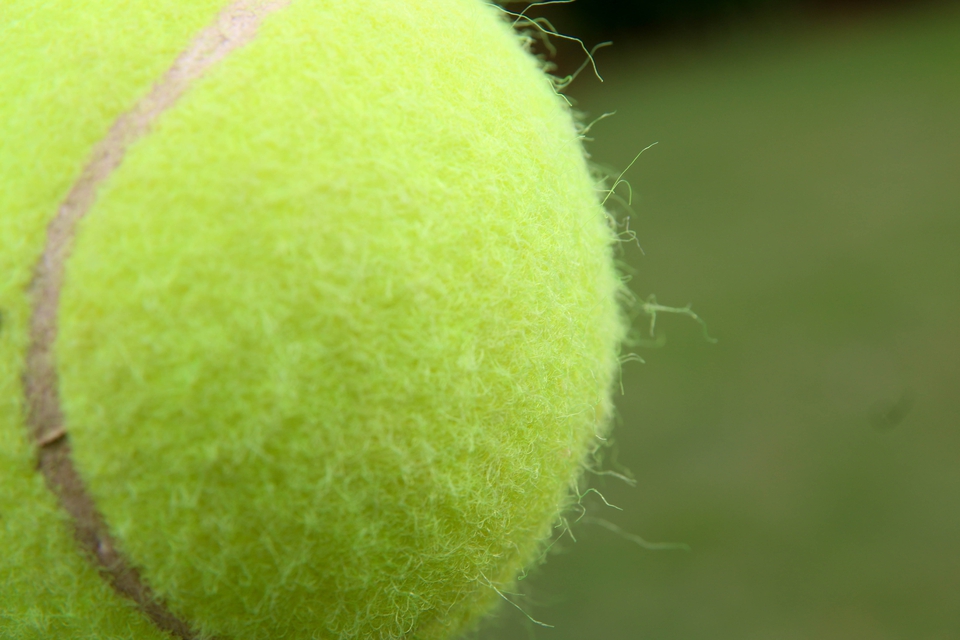
Wrth y bwrdd
Addoliad syml ar yr aelwyd ac mewn Eglwys Iau ar gyfer teuluoedd ifanc
Y Pymthegfed Sul wedi'r Drindod
Gallaf fod yn bridd da
Ymlonyddu gyda'n gilydd
1. Goleuwch gannwyll.
2. Darllenwch:
A dywedodd Duw, "Bydded goleuni." A bu goleuni. Gwelodd Duw fod y goleuni yn dda; a gwahanodd Duw y goleuni oddi wrth y tywyllwch. A bu hwyr a bu bore, y dydd cyntaf.
Genesis 1:3-5
Dyma’r dydd y gweithredodd yr Arglwydd; gorfoleddwn a llawenhawn ynddo.
Salm 118:24
Trafod gyda’n gilydd
- Pa fath o bethau allwn ni eu tyfu?
- Beth yw eich hoff bethau i dyfu?
- Ble mae'r lleoedd gorau i bethau dyfu?
Darllen gyda'n gilydd
Mathew 13:1-9 a 18-23
Yn narlleniad heddiw mae Iesu’n dweud stori wrthym am ffermwr a aeth i hau hadau.
Yna mae Iesu'n esbonio'r ddameg (Mathew 13:18-23, Beibl.net):
“Felly dyma beth ydy ystyr stori'r ffermwr yn hau: Pan mae rhywun yn clywed y neges am y deyrnas a ddim yn deall, mae'r Un drwg yn dod ac yn cipio beth gafodd ei hau yn y galon. Dyna'r had ddisgynnodd ar y llwybr. Yr had sy'n syrthio ar dir creigiog ydy'r sawl sy'n derbyn y neges yn frwd i ddechrau. Ond dydy'r neges ddim yn gafael yn y person go iawn, ac felly dydy e ddim yn para'n hir iawn. Pan mae argyfwng yn codi, neu wrthwynebiad am ei fod wedi credu, mae'n troi cefn yn ddigon sydyn! Wedyn yr had syrthiodd i ganol drain ydy'r sawl sy'n clywed y neges, ond mae'n rhy brysur yn poeni am hyn a'r llall ac yn ceisio gwneud arian. Felly mae'r neges yn cael ei thagu a does dim ffrwyth i'w weld yn ei fywyd. Ond yr had sy'n syrthio ar dir da ydy'r sawl sy'n clywed y neges ac yn ei deall. Mae'r effaith fel cnwd anferth – can gwaith neu chwe deg gwaith neu dri deg gwaith mwy na gafodd ei hau.”
Chwarae gyda’n gilydd
Bydd angen:
- Pêl neu fag ffa

Ffurfiwch gylch a naill ai taflu neu rolio'r bêl i'ch gilydd. (Nid ydym yn cymryd unrhyw gyfrifoldeb am unrhyw ddifrod a achosir!)
- Gofynnwch i rywun droi eu cefn a pharhau â'r gêm. Pa mor hawdd yw gwybod bod y bêl yn dod a / neu ei dal?
- Gofynnwch i rywun arall ddefnyddio un llaw yn unig wrth chwarae. Pa mor hawdd yw hi i ddal y bêl?
- Gofynnwch i rywun ddal rhywbeth arall yn ei ddwylo wrth iddyn nhw geisio dal y bêl. Allwch chi ddal y bêl tra'ch bod chi'n dal rhywbeth arall?
Yn stori heddiw mae Iesu’n siarad am ffermwr yn hau had. Yyfodd orau yn y pridd da, dwfn.
Os mai gair Duw yw’r had a ni yw’r ddaear - pa fath o dir yn eich barn chi y dylem fod?
Gadewch i ni ddefnyddio'r gêm i'n helpu ni i feddwl.
Ydyn ni'n sefyll gyda'n cefnau at y bêl prin yn gallu ei dal?
Mae hynny ychydig yn debyg i'r llwybr. Ni allai'r had gladdu ei hun yn y ddaear i allu tyfu gwreiddiau.
Ydyn ni'n sefyll gydag un fraich y tu ôl i'n cefn, yn barod i ddal y bêl ond yna'n ei gollwng?
Mae hynny ychydig yn debyg i'r tir bas. Dechreuodd yr had dyfu ond ni allai aros yn fyw heb y dŵr na'r gwreiddiau dwfn yr oedd eu hangen arno.
Ydyn ni'n sefyll gyda phethau eraill yn ein dwylo sy'n rhwystro dal y bêl?
Mae hynny ychydig yn debyg i'r ddaear gyda chwyn ynddo. Mae'r pethau rydyn ni'n poeni amdanyn nhw ychydig yn debyg i'r chwyn - maen nhw'n ein rhwystro ni rhag tyfu'n gryf.
Ydyn ni'n sefyll gyda'n traed yn gadarn ar lawr gwlad gyda'n breichiau'n barod i ddal y bêl a'i dal yn dynn?
Roedd yr had a ddisgynnodd ar y pridd da yn gallu tyfu a hyd yn oed gynhyrchu hadau i dyfu mwy o hadau!
Mae Iesu eisiau inni fod yn bridd da. Pobl sy'n clywed gair Duw ac yn gadael iddo dyfu gwreiddiau dwfn yn ein bywydau.
Gweddïo gyda’n gilydd
Dewisol
Bydd angen:
- Pot neu fwced
- Compost neu bridd gardd
- Detholiad o chwyn, cerrig, brigau, sbwriel
Cymysgwch y compost a darnau eraill gyda'i gilydd yn y bwced.
Gofynnwch: Pe byddem yn plannu hadau yn y pot hwn, ydych chi'n meddwl y byddent yn tyfu?
Efallai y byddan nhw'n dda iawn. Mae angen i ni sicrhau mai'r pridd yw'r pridd gorau.
Mae angen i ni fod yn bridd da fel y gall dyfu’n gryf ynom pan glywn air Duw.
Gofynnwch: Felly, sut allwn ni wella'r pridd?
Trwy gael gwared ar yr holl bethau na ddylai fod yno.
Cymerwch yr holl bethau na ddylai fod yno.
Wrth i chi gael gwared ar y cerrig, y brigau a'r sbwriel, gofynnwch i Dduw eich helpu chi i fynd â'r pethau yn eich bywyd sy'n golygu nad chi yw'r pridd gorau y gallwch chi fod.
Gofynnwch: Beth allai'r pethau hynny fod?
Efallai ei fod yn ddewis gwrando ar rywun arall ac nid Duw. Efallai eich bod chi'n dewis peidio â gwrando ar Dduw o gwbl weithiau. Efallai ein bod yn caniatáu i ni ein hunain gael ein llesteirio gan bryder. Efallai ein bod yn hunanol neu ddim yn garedig tuag ag eraill.
Os nad ydych wedi defnyddio'r pridd / compost yna defnyddiwch y llun canlynol i helpu i ganolbwyntio.

Gofynnwch: A fyddech chi eisiau plannu blodyn newydd yma?
Annhebygol. Ni fyddai’n tyfu.
Esboniwch: Mae angen clirio'r sbwriel i ddod o hyd i'r pridd da. Gofynnwch i Dduw eich helpu chi i wybod pa bethau yn eich bywyd sy'n golygu nad chi yw'r pridd gorau y gallwch chi fod.
Gofynnwch: Beth allai'r pethau hynny fod?
Efallai ei fod yn ddewis gwrando ar rywun arall ac nid Duw. Efallai eich bod chi'n dewis peidio â gwrando ar Dduw o gwbl weithiau. Efallai ein bod yn caniatáu i ni ein hunain gael ein llesteirio gan bryder. Efallai ein bod yn hunanol neu ddim yn garedig tuag ag eraill.
Gorffen gyda'n gilydd
Bydded i Dduw, ffynhonnell gobaith, eich llenwi â phob llawenydd a thangnefedd wrth ichwi arfer eich ffydd, nes eich bod, trwy nerth yr Ysbryd Glân, yn gorlifo â gobaith.
Diffoddwch y gannwyll.
Tanysgrifiwch i dderbyn hysbys ar e-bost am Wrth y bwrdd, Llythyr yr Esgob a chyhoeddiadau esgobaethol
At the table
Simple worship at home and at Junior Church for young families
The Fifteenth Sunday after Trinity
I can be good soil
Stilling together
1. Light a candle.
2. Read:
God said, "Let there be light," and there was light, and God saw the light was good, and he separated light from darkness. So evening came, and morning came; it was the first day.
Genesis 1: 3-5
This is the day which the Lord has made; let us rejoice and be glad in it.
Psalm 118: 24
Discussing together
- What sort of things can we grow?
- What are your favourite things to grow?
- Where are the best places for things to grow?
Read together
Matthew 13:1-9 & 18-23
In today’s reading Jesus tells us a story about a farmer who went out to sow seeds.
Jesus then explains the parable (Matthew 13:18-23, NIV):
"Listen then to what the parable of the sower means: when anyone hears the message about the kingdom and does not understand it, the evil one comes and snatches away what was sown in their heart. This is the seed sown along the path. The seed falling on rocky ground refers to someone who hears the word and at once receives it with joy. But since they have no root, they last only a short time. When trouble or persecution comes because of the word, they quickly fall away. The seed falling among the thorns refers to someone who hears the word, but the worries of this life and the deceitfulness of wealth choke the word, making it unfruitful. But the seed falling on good soil refers to someone who hears the word and understands it. This is the one who produces a crop, yielding a hundred, sixty or thirty times what was sown."
Playing together
You will need:
- A ball or a beanbag.

Spread out in a circle and either throw or roll the ball to each other. (We take no responsibility for any breakages or damage caused to your ornaments!)
- Ask someone to turn around and carry on the game. How easy is it to know that the ball was coming and/or to catch it?
- Ask someone else to only use 1 hand while you play. How easy is it to catch the ball?
- Ask someone to hold something else in their hands while they try to catch the ball. Can you catch the ball while you are holding something else?
In today’s story Jesus talks about a sower sowing seed. The place it grew best was in the good, deep soil.
If God’s word is the seed and we are the ground - which kind of ground do you think we should be?
Let’s use the game to help us think.
Are we standing with our backs to the ball barely able to catch it?
That’s a bit like the path. The seed couldn’t bury itself in the ground to be able to grow roots.
Are we standing with one arm behind our back, ready to catch the ball but then dropping it?
That’s a bit like the shallow ground. The seed started growing but couldn’t stay alive without the water or the deep roots that it needed.
Are we standing with other things in our hands that get in the way of catching the ball?
That’s a bit like the ground with weeds in it. The things we worry about are a bit like the weeds - they get in way of us being able to grow strongly.
Are we standing with our feet firmly on the ground with our arms ready to catch the ball and hold it tight?
The seed that fell on the good soil was able to grow and even produce seed to grow more seed!
Jesus wants us to be good soil. People who hear God’s word and let it grow deep roots in our lives.
Praying together
Optional
You will need:
- A pot or bucket
- Compost or garden soil
- A selection of weeds, stones, twigs, rubbish
Mix the compost and other bits together in the bucket.
Ask: If we were to plant seeds in this pot do you think they would grow?
They might but not very well. We need to make sure the soil is the best soil.
We need to be good soil so that when we hear God’s word it can grow strong in us.
Ask: So, how can we make the soil better?
By removing all the things that shouldn’t be there.
Take out all the things that shouldn’t be there.
As you remove the stones, twigs and rubbish ask God to help you to take out the things in your life that mean you are not the best soil you can be.
Ask: What might those things be?
It might be choosing to listen to someone else and not God. It might be that you choose not to listen to God at all sometimes. It might be that we allow ourselves to be distracted by worry. It might be that we are selfish or that we aren’t kind to others.
If you haven’t used the soil / compost then use the following picture to help focus.

Ask: Would you want to plant a new flower here?
Unlikely. It wouldn’t grow.
Explain: The rubbish needs to be cleared to find the good soil. Ask God to help you to know which things in your life mean that you aren’t the best soil you can be.
Ask: What might those things be?
It might be choosing to listen to someone else and not God. It might be that you choose not to listen to God at all sometimes. It might be that we allow ourselves to be distracted by worry. It might be that we are selfish or that we aren’t kind to others.
Finishing together
The God of hope fill you with all joy and peace as you trust in him, that by the power of the Holy Spirit you may overflow with hope.
Blow out the candle.
